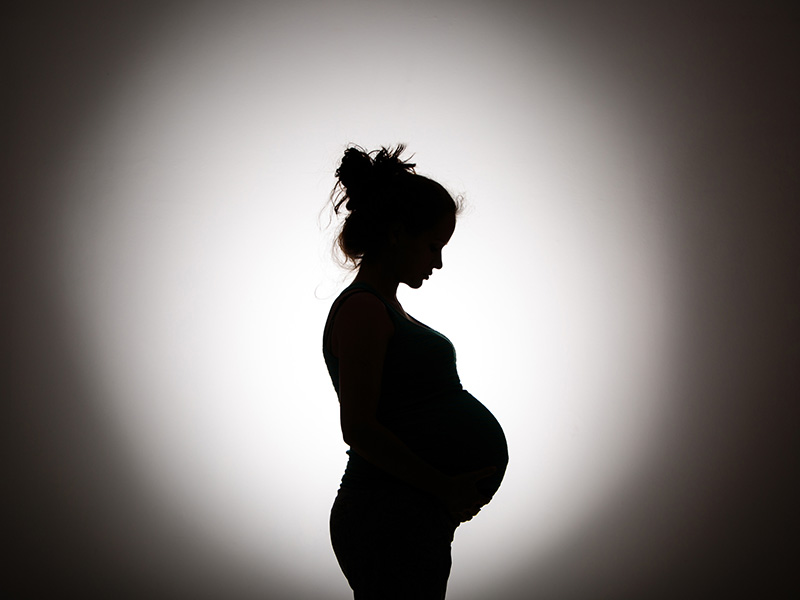Surrogacy Story #2

“She said she’d be babysitting our embryo”: What’s it like to carry a child for a friend?
As fertility medicine has advanced and different family units evolved, surrogacy has emerged as a more familiar route to parenthood, but demand far outweighs the number of women willing or able to volunteer, and the British legal system is playing catchup. London-based family lawyer Joanna Kay, who has advised on surrogacy for more than a decade, says: “The landscape of what a family looks like has changed beyond recognition, but the laws are from the mid-80s. Without a court order, intended parents can’t make decisions about their child’s medical care or education; there can be problems with passports and inheritance. I don’t think anyone would argue against the need for reform.
“In most cases, everyone knows what they’re signing up for and is happy to honor their agreement. On rare occasions things go wrong and the courts are asked to intervene. There have been a handful of cases where the surrogate didn’t want to hand over the baby or the intended parent didn’t want it.”
Other relationships between parents and surrogates have been deep and enduring. Kim Cotton, who became Britain’s first surrogate in 1985, went on to help her friend Linda, who was unable to carry children because of complications associated with a miscarriage; Cotton gave birth to twins in 1991. “The family moved to New Zealand when the twins were teenagers but I still track their lives, mostly through Facebook now,” says Cotton, who is 63, and the founder of the Cots surrogacy agency. “Christmases and birthdays are still special and the twins and I always send messages to mark them. My friendship with Linda remains the kind where you are forever aware of that person and can pick up with them anytime, even if you don’t speak often.”
Yet even longed-for pregnancies don’t always run smoothly. After Laura was made infertile five years ago, at 28, by treatment for stage two cervical cancer, her best friend Kerrie represented her only hope of becoming a biological mother. Last year, Kerrie offered to carry Laura’s fertilized eggs, frozen before she began intensive chemo and radiotherapy five years ago.
They had been friends since childhood and shared everything, Laura says, over a cup of tea at Kerrie’s home in Lancashire. “Relationships, breakups, marriages, my illness; she cries with me and laughs with me,” she says.






